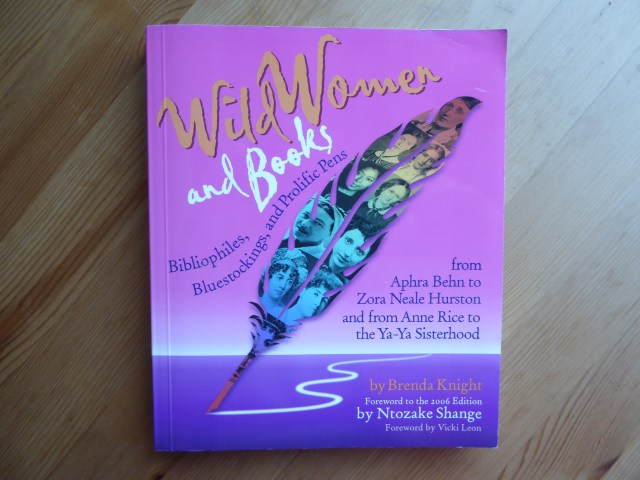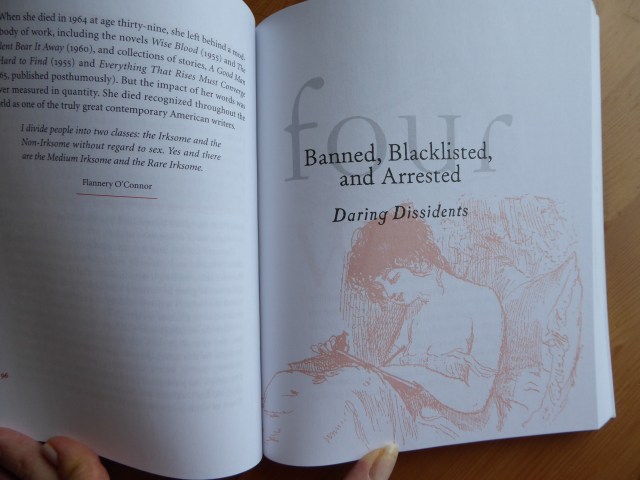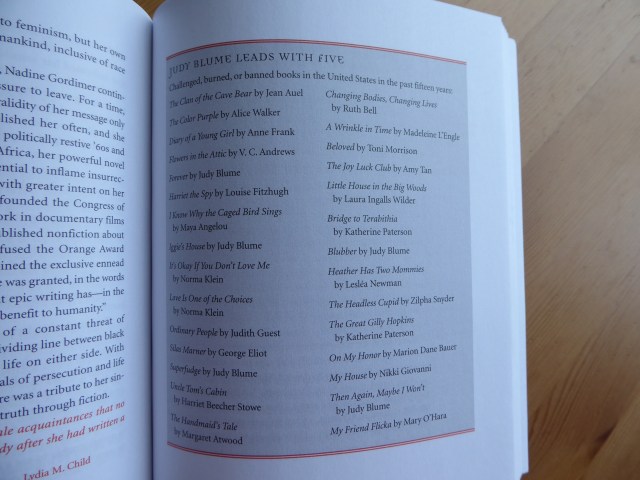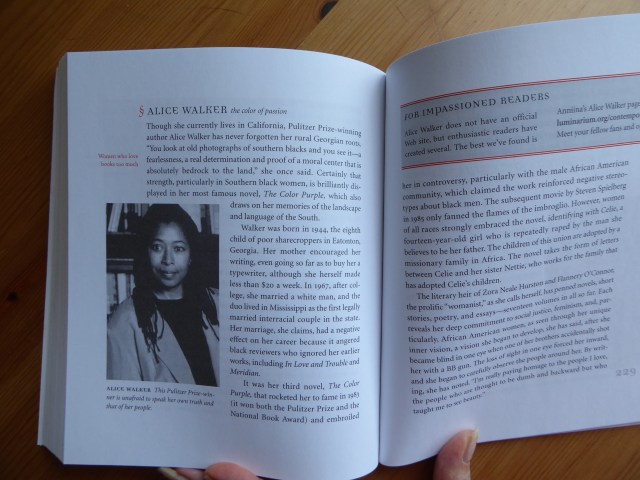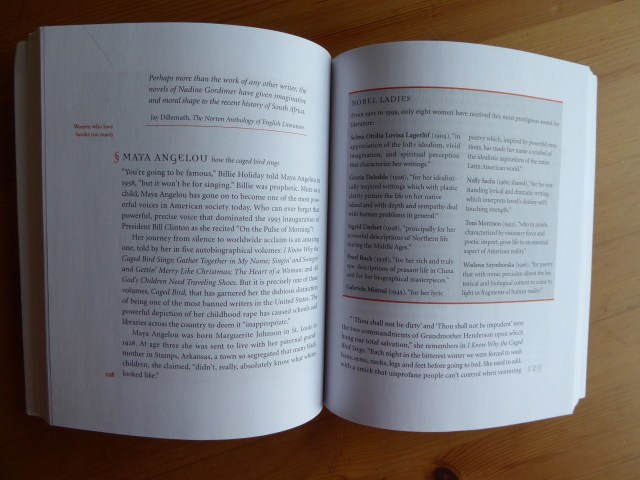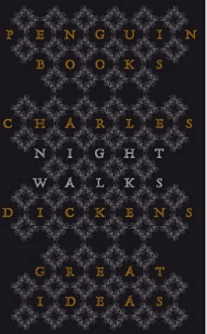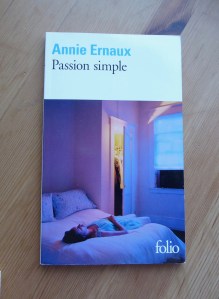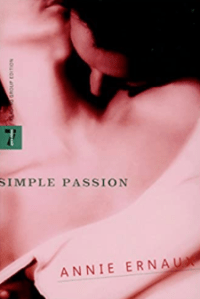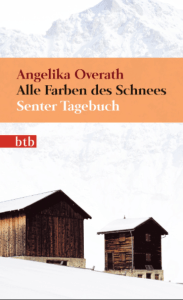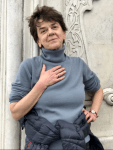
There hasn’t been a year since I started blogging in which I reviewed as little as in 2019. I also read less, or rather, I finished less books. I have two huge stacks of almost finished and half-finished books next to my bed. I’ve never done this before, given up on a book twenty to thirty pages before its ending but I did this year. Some of them will still be finished someday but many, I guess, won’t. Not sure why this happened. Did I make bad choices? Was I in a reading slump? A bit of both, I suppose.
That said, I have read some wonderful books this year.
And here they are, in no particular order.
Fiction

William Maxwell – They Came Like Swallows
Tragic and beautiful, Maxwell’s book is one of the few I reviewed. Here’s what I said:
I’m full of admiration for the craft and looking forward to reading The Château next. And I think it’s an outstanding portrayal of grief and the awkward ways people treat the bereaved. It also shows very well how devastating the influenza pandemic was.

Philippe Delerm Sundborn ou les jours de lumière
Anglophone readers might not be familiar with Philippe Delerm, but let me just tell you – it’s an absolute shame. He’s one of my favourite French writers. After having read Autumn, his book on the Pre-Raphaelites, I chose to read Sundborn last year. Sundborn focusses on the Scandinavian artists surrounding Swedish painter Carl Larsson. Delerm is outstanding at capturing colours, landscapes moods, and this book is no exception. Anyone who loves Carl Larsson or Soren Kroyer would love this book. It needs to be translated.
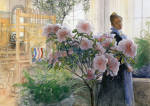
Carl Larsson

Soren Kroyer

Barbara Pym – Excellent Women and Some Tame Gazelle
No need to introduce Barbara Pym to the readers of this blog. She’s a favourite of many. These were two excellent, witty, sharp, and at times amusing books. I couldn’t say which one l liked better. Possibly, Some Tame Gazelle, as it is a bit gentler. I’m a bit mad at myself for not reviewing them but when I read them, I was still in too much back pain to sit at my desk.

E.F. Benson Mapp and Lucia
While I didn’t review Barbara Pym, I did write a post on E. F. Benson’s famous Mapp and Lucia. What a delightful book. One that left me with a serious “book hangover”. It took weeks until I was able to move on and properly enjoy something else.
Here’s a bit from the review:
And there’s life at Tilling. A carefree life that’s so different from most of our lives nowadays. Not only because it’s set before WWII, but because it’s set among the British upper middleclass. Nobody works in this book. All the main characters own beautiful houses. All they think about is where they will dine next, who gives the best tea party. Gossip and petty quarrels aside, it’s a peaceful world. The conflicts are entirely the character’s own making. Nothing dramatic ever comes from outside. At least not until the end. After a while, I found spending time in this world very comforting. And funny. It’s a terrific social comedy. Lucia’s pretence to know Italian is hilarious and so is the way they constantly try to outsmart each other.

Joseph Roth Der Radetzkymarsch
Death, dying, and the end of an era are all themes in this marvellous novel. Sometimes you wonder why a book is a classic. Not in this case.

Vigdis Hjorth Will and Testament
This novel by Norwegian writer Vigdis Hjorth was so good and I did review it. Here’s a bit from the review:
Will and Testament was a huge success in Norway, and I can see why. It’s highly literary but nonetheless as captivating as a thriller. The plot is moving back and forth in time, slowly revealing the dark secrets at the heart of the dysfunctional family depicted in the novel.

Willa Cather – The Professor’s House
Since I’ve started blogging, almost tens year go, I came across so many raving reviews of Willa Cather’s work. Every year I said the same – I need to read her but then I didn’t. Last year, finally, I read my first Willa Cather and the only thing I regret is that I didn’t review it. What a wonderful book. One could say it’s almost two books in one, something I’m usually not keen on but it really worked. First we have the more interior parts, told from the point of view of Professor St. Peter. Anyone who has ever tried to carve out some time for her/himself, will know how hard it can be to work either creatively or do research when there are many demands from friends, family, . . . Professor St. Peter tries very hard and succeeds and the time he spends on his own turns into a trip down memory lane. He thinks about his former student and friend, Tom Outland, who died in the Great war. His death brought great wealth to St. Peter’s family but also complexity and animosity. The second book inside of the book is Tom Outland’s story. And in that part we see what Willa Cather was so famous for – her landscape descriptions. It’s quite magical.
Crime
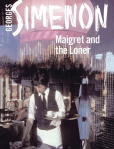
Simenon – Maigret et l’Homme tout seul – Maigret and the Loner
It’s been a while since I’ve last read a Maigret. They are a bit hit or miss, but this one was fabulous. A homeless man has been killed and it seems so absurd. He kept to himself, had no possessions. What could anyone gain from killing him? Maigret’s in the dark for a long time. The end is surprising.

Sarah Vaughan Anatomy of a Scandal
This is embarrassing. I read this last January, didn’t review it and have practically forgotten everything about it. I just remember I LOVED it.

Carlo Lucarelli Almost Blue
I love a good noir. The mood, the atmosphere. This has all that and more. It’s a rare beast as it’s a genre blend. A serial killer noir. Don’t let that put you off. It really is good.
Nonfiction

Amy Liptrot – The Outrun
Another one of the very few I’ve reviewed. Such an amazing memoir about the way nature can help us heal.
Here’s a bit from the review:
I can’t recommend this highly enough. It’s an amazing insight into someone’s addiction and recovery and a fabulous account of life on Orkney. I could see the many migratory birds, feel the icy cold of the water, the force of the gales, and the beauty of the constellations in the night sky.
In defiance of this dissatisfaction, I’m conducting my own form of therapy through long walks, cold swims and methodically reading old journals. I’m learning to identify and savour freedom: freedom of place, freedom of damaging compulsion. I’m filling the void with new knowledge and moments of beauty. (p.180)
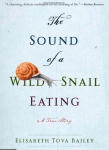
Elizabeth Tova Bailey – The Sound of a Wild Snail Eating
If I had to pick one favourite of all the books I’ve read, I’d say it was this one. It’s beautiful and fascinating. Elizabeth Tova Bailey contracts a mysterious viral or bacterial infection that leaves her tied to her bed for years. During an especially bad phase, a friend gifts her a terrarium with a tiny forest snail in it. This tiny being becomes her companion. She’s so fascinated by it that she begins to read up on gastropods. The world she discovers is amazing. (Did you know snails have between 1’000 and 12’000 teeth?). The result of her research is an absolute gift to the reader. But the tiny snail does more than fascinate. It gives her comfort and solace.
